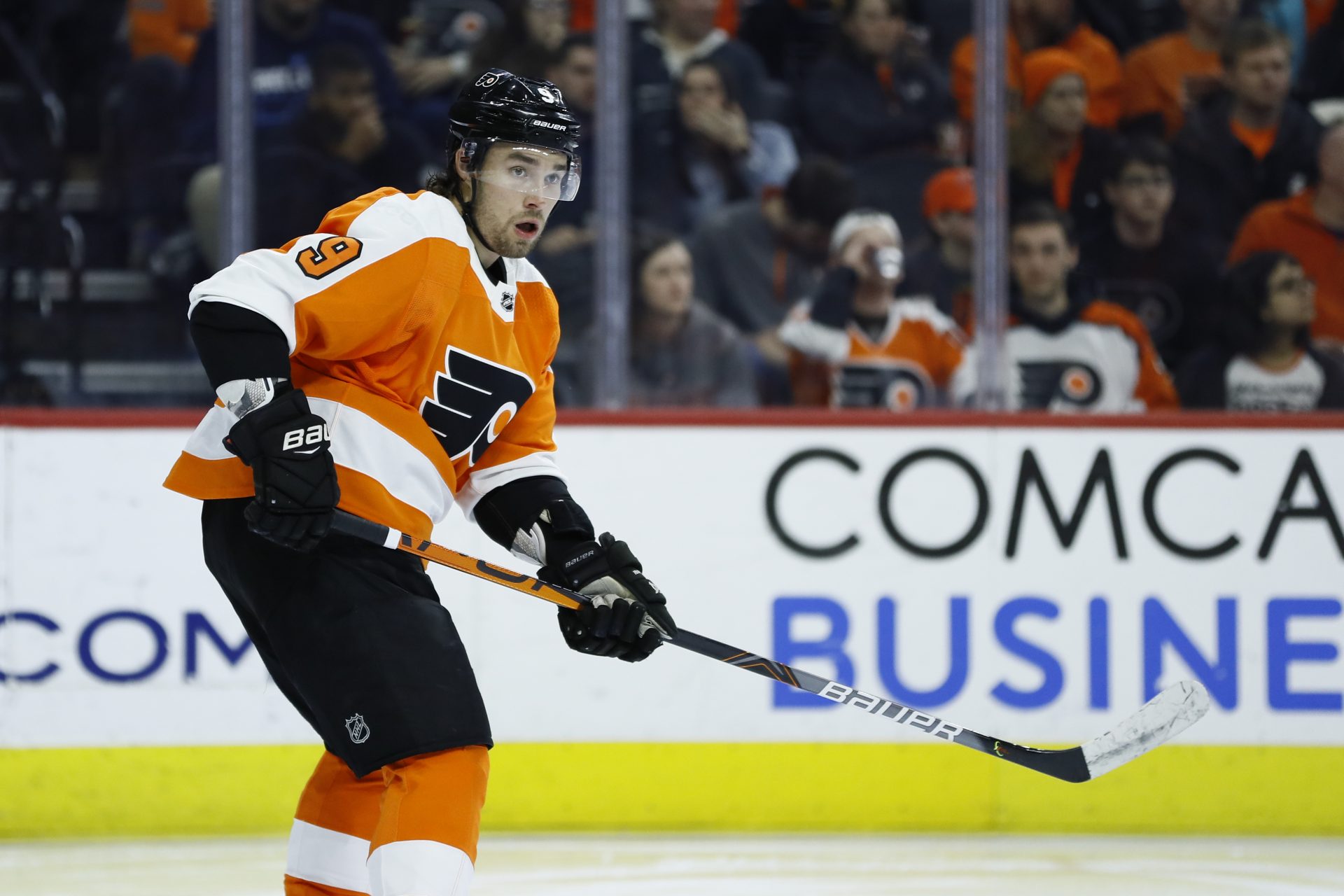
The Cleveland Indians and Pittsburgh Pirates play an exhibition baseball game at PNC Park in Pittsburgh, Saturday, July 18, 2020. The Indians won 5-3.
Gene J. Puskar / AP Photo

The Cleveland Indians and Pittsburgh Pirates play an exhibition baseball game at PNC Park in Pittsburgh, Saturday, July 18, 2020. The Indians won 5-3.
Gene J. Puskar / AP Photo

Gene J. Puskar / AP Photo
The Cleveland Indians and Pittsburgh Pirates play an exhibition baseball game at PNC Park in Pittsburgh, Saturday, July 18, 2020. The Indians won 5-3.
(Harrisburg) — Pennsylvania is paving the way for fans at pro sports venues whose stands have been empty for a year or more, easing restrictions on large gatherings to reflect a sustained slide in new COVID-19 cases, hospitalizations and deaths.
Outdoor venues are now allowed to host events up to 20% of their maximum capacity, while indoor occupancy will be 15% of maximum capacity, regardless of venue size, state officials said.
“We need to balance protecting public health with leading the state to a robust economic recovery,” Gov. Tom Wolf said in a news release. “We are lifting mitigation efforts only when we believe it is safe to do so.”
The Pittsburgh Penguins said it would allow 2,800 fans into PPG Paints Arena for Tuesday’s game against the Philadelphia Flyers. It will be the Pens’ first home game with fans since a victory over Montreal on March 8, 2020.
Pittsburgh Pirates President Travis Williams said opening day at PNC Park “will be much more than a game. It will mark a significant step in overcoming this pandemic.”
In Philadelphia, the Wells Fargo Center said it would quickly allow fans into Flyers and 76ers games if city officials give the go-ahead.
“We’re ready to safely welcome fans back to Broad Street, and as soon as the city further eases its restrictions, we will have Flyers and 76ers fans in the building within days,” said Valerie Camillo, president of business operations for the Flyers and Wells Fargo Center.

Matt Slocum / AP Photo
FILE PHOTO: Philadelphia Flyers’ Ivan Provorov plays during an NHL hockey game against the Winnipeg Jets, Saturday, Feb. 22, 2020, in Philadelphia.
James Garrow, spokesperson for the city health department, said Monday that officials are studying what needs to be done to “bring Philadelphia into alignment with the state.”
The governing body for Pennsylvania interscholastic sports, meanwhile, said the relaxed statewide limits could pave the way for fans at winter sports playoff contests. The board of the Pennsylvania Interscholastic Athletic Association said it would discuss the matter at its meeting on Wednesday.
For both indoor and outdoor events, venues must require masks and follow physical distancing guidelines, state officials said. Venues will be permitted to seat spectators in groups of up to 10, or more than 10 if everyone lives in the same household. Seating pods must be separated by at least 6 feet.
Separately, the state is doing away with a requirement that people who are traveling to Pennsylvania from another state, as well as Pennsylvania residents who are returning home from out of state, must test negative for the virus within 72 hours prior to arrival. Under the order, people who did not get tested were supposed to quarantine for 14 days.
State officials said they took into account the expanding percentage of residents who have been vaccinated, as well as the COVID-19 test positivity rate, the rate of new infections and hospital capacity, in deciding to ease restrictions.
In other coronavirus-related developments in Pennsylvania:
State officials are considering a plan to move teachers up in the vaccine line in a bid to get schools reopened more quickly.
Rep. Tim O’Neal, R-Washington, who sits on the state’s coronavirus task force, told The Associated Press on Monday that Wolf and his acting health secretary, at Sunday’s task force meeting, discussed making it possible for teachers to get vaccinated soon.
“I was under the impression that that was the way they were going,” O’Neal said.
The state is still in Phase 1A of its vaccine plan, offering the shots to people age 65 and over and younger people with high-risk medical conditions — a population that numbers around 4 million.
Teachers currently are grouped in Phase 1B, along with grocery store workers, first responders, manufacturing employees and others considered to be essential workers.
Teachers unions, superintendents, school boards and other education groups have asked Wolf to prioritize school staff for the COVID-19 vaccine, calling it an “absolutely essential” step toward reopening schools and keeping them open.
Lyndsay Kensinger, Wolf’s spokesperson, said Monday that the task force “continues to work on a plan for the rollout of the Johnson & Johnson vaccine.” She said the Wolf administration hopes to announce details later this week.
Federal regulators have given emergency authorization to Johnson & Johnson’s one-shot vaccine.
Philadelphia grade-school students are heading back to the classroom for the first time in nearly a year, the district announced Monday.
Students in pre-kindergarten through second grades will be welcomed back to class at 53 schools on March 8. More schools could join them the following week, depending on whether they are determined to be safe for in-person instruction.
Monday’s announcement came after the school district and the teachers union had been locked in mediation over the district’s safety plan.
“This union has led the charge in ensuring that when school buildings reopen, they will be safe for occupancy. That’s exactly what the plan we outlined today does,” said Jerry Jordan, president of the Philadelphia Federation of Teachers.
Rubinkam reported from northeastern Pennsylvania. Associated Press writer Claudia Lauer in Philadelphia contributed to this story.

Get insights into WITF’s newsroom and an invitation to join in the pursuit of trustworthy journalism.
The days of journalism’s one-way street of simply producing stories for the public have long been over. Now, it’s time to find better ways to interact with you and ensure we meet your high standards of what a credible media organization should be.